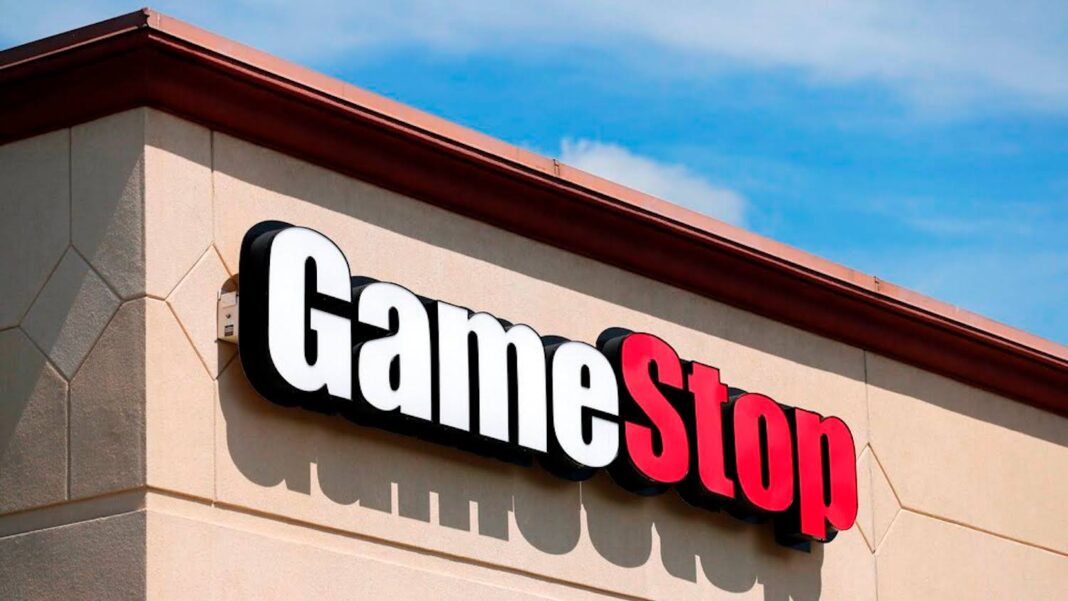When Ryan Cohen, GameStop’s CEO, appeared on CNBC’s Squawk Box on July 15, 2025, he delivered a message that resonated far beyond the gaming community: “I look at [Bitcoin] as a hedge against inflation and global money printing.” This statement wasn’t just about finance—it was a declaration of independence. Months earlier, GameStop had quietly acquired 4,710 bitcoins, worth roughly $500 million at the time. As the Bitcoin price soared past $120,000 to record highs, skeptics assumed GameStop was mimicking MicroStrategy’s blockbuster crypto strategy. But Cohen pushed back firmly: “We have our own unique strategy.” With over $9 billion in cash reserves, the gaming retailer wasn’t chasing volatility; it was seeking stability in a turbulent economy.
MicroStrategy: The Bitcoin Titan
To understand why comparisons arose, consider MicroStrategy (now rebranded as Strategy). Under Michael Saylor’s leadership, the software company morphed into a crypto juggernaut. By mid-2025, it held a staggering 423,650 bitcoins—worth over $42 billion—making it the world’s largest corporate holder. This aggressive accumulation turned MicroStrategy into a leveraged Bitcoin proxy. Its stock price skyrocketed 1,990% over three years, far outpacing its core software business. The Microstrategy value became intrinsically tied to Bitcoin news, with its market cap ballooning to $125 billion. For investors, MSTR wasn’t just a stock; it was a high-risk, high-reward crypto vehicle
GameStop’s Calculated Pivot
GameStop’s approach diverges sharply. Unlike MicroStrategy’s debt-fueled Bitcoin shopping spree, GameStop used a sliver of its massive cash reserves ($9+ billion) for its crypto purchase. Cohen emphasized deploying capital “responsibly,” targeting opportunities with “limited downside” and high upside. This prudence reflects GameStop’s broader turnaround strategy: trimming costs, boosting collectibles sales (like trading cards), and stabilizing operations after its meme-stock chaos. While the Gamestop price dipped 24% year-to-date, the Bitcoin move aims for long-term resilience, not stock speculation. As one headline noted: “It’s not the next MicroStrategy”
Why Bitcoin? The Inflation Shield
Both companies tap into Bitcoin’s core narrative: digital gold. With central banks expanding money supplies post-pandemic, Bitcoin’s fixed supply of 21 million coins offers a hedge. As Bitcoin news highlights new institutional adopters (like Standard Chartered), its allure grows. MicroStrategy treats Bitcoin as a primary treasury asset, while GameStop positions it as one tool among many. The distinction matters. When Bitcoin’s price fluctuates, MicroStrategy’s stock swings violently—its 3.76 beta signals extreme volatility. GameStop, however, maintains flexibility. Its smaller position shields it from margin calls, a risk MicroStrategy narrowly dodged when Bitcoin once neared $20,000
The Market’s Split Verdict
Investors treated both moves differently. MicroStrategy’s stock became a crypto darling, soaring 177% in a year as the Bitcoin price broke records. GameStop’s shares, meanwhile, stayed flat post-purchase. This contrast underscores their divergent goals: MicroStrategy embraced Bitcoin as its engine, while GameStop added it as a stabilizer. Analysts tracking Microstrategy Bitcoin moves watch every satoshi; those following Gamestop news focus on retail reinvention. Yet both validate Bitcoin’s corporate relevance. As Cohen noted, “We’ll be opportunistic”—a quieter ethos for volatile times.
The Bigger Picture: Trust in Code, Not Currency
GameStop’s bet reflects a broader corporate awakening. With fiat currencies facing inflationary pressures, Bitcoin offers an alternative ledger—one governed by algorithms, not central banks. MicroStrategy’s all-in approach paved the way, but GameStop’s tempered entry signals maturity. For traditional businesses, crypto isn’t about becoming banks; it’s about preserving value. As Bitcoin news dominates headlines and the Gamestop price navigates uncertainty, one truth emerges: in a world of printed money, digital scarcity has found its defenders


